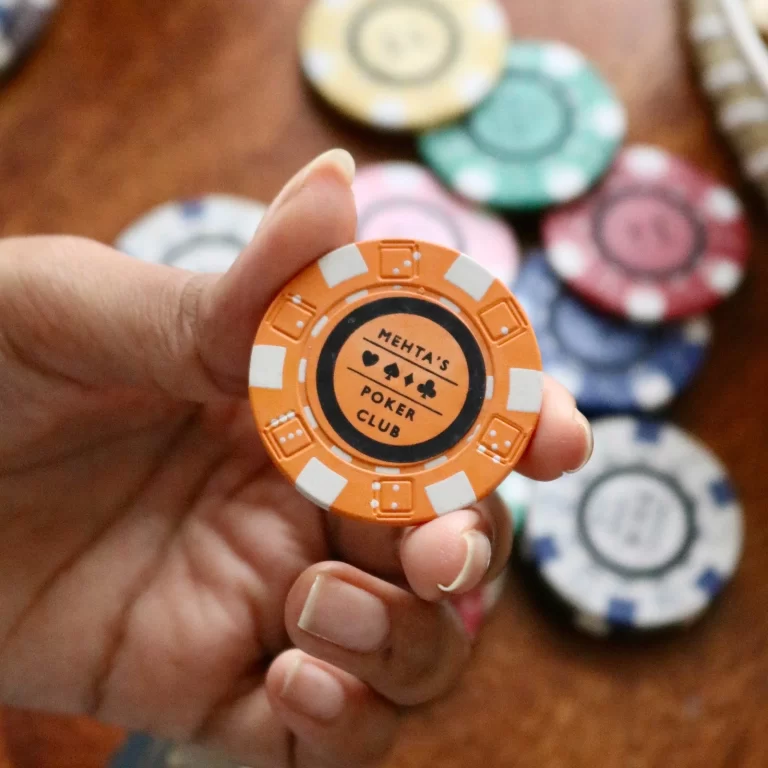Month: March 2025
Luck vs. Strategy: The Psychology Behind Winning at Gambling
Gambling has always been a mix of chance and skill, attracting players who seek excitement, challenge, and the possibility of winning big. But is success at the tables or slot machines purely a matter of luck, or does strategy play a crucial role? The answer lies in understanding the psychology behind gambling and how players approach the game.
The Role of Luck in Gambling
Luck is an undeniable factor in gambling. Games like slot machines, roulette, and lotteries rely entirely on random outcomes. No matter how experienced a player is, they cannot influence where the ball lands in roulette or what symbols appear on a slot reel. This element of uncertainty keeps gambling exciting, as every player has an equal chance of winning at any moment. The concept of randomness is often misunderstood, leading to beliefs such as the “hot hand” fallacy—thinking that a streak of wins will continue—or the gambler’s fallacy, where players assume that a losing streak must eventually turn into a win. While luck plays a role in short-term results, there is no pattern that can guarantee a win in games of chance.
The Power of Strategy in Gambling

While luck dominates certain games, others involve skill and strategy. Card games like poker and blackjack require players to make decisions that directly impact their outcomes. Successful players analyze probabilities, read their opponents, and manage their bankrolls effectively. Strategy also plays a role in sports betting, where research and knowledge of teams, players, and statistics can increase the chances of making profitable bets. Unlike purely luck-based games, skill-based gambling allows players to improve over time, giving them an edge against less experienced opponents.
Balancing Luck and Strategy for Success
The best gamblers understand that a mix of luck and strategy is necessary for long-term success. While luck determines short-term outcomes, a solid strategy can help maximize winning potential over time. Setting limits, managing emotions, and knowing when to walk away are essential aspects of responsible gambling.
Gambling should be seen as a form of entertainment rather than a guaranteed way to make money. By recognizing the balance between chance and skill, players can enjoy the game without falling into common traps or unrealistic expectations. Whether betting on pure luck or applying strategic thinking, understanding the psychology behind gambling is key to making informed and enjoyable choices.







